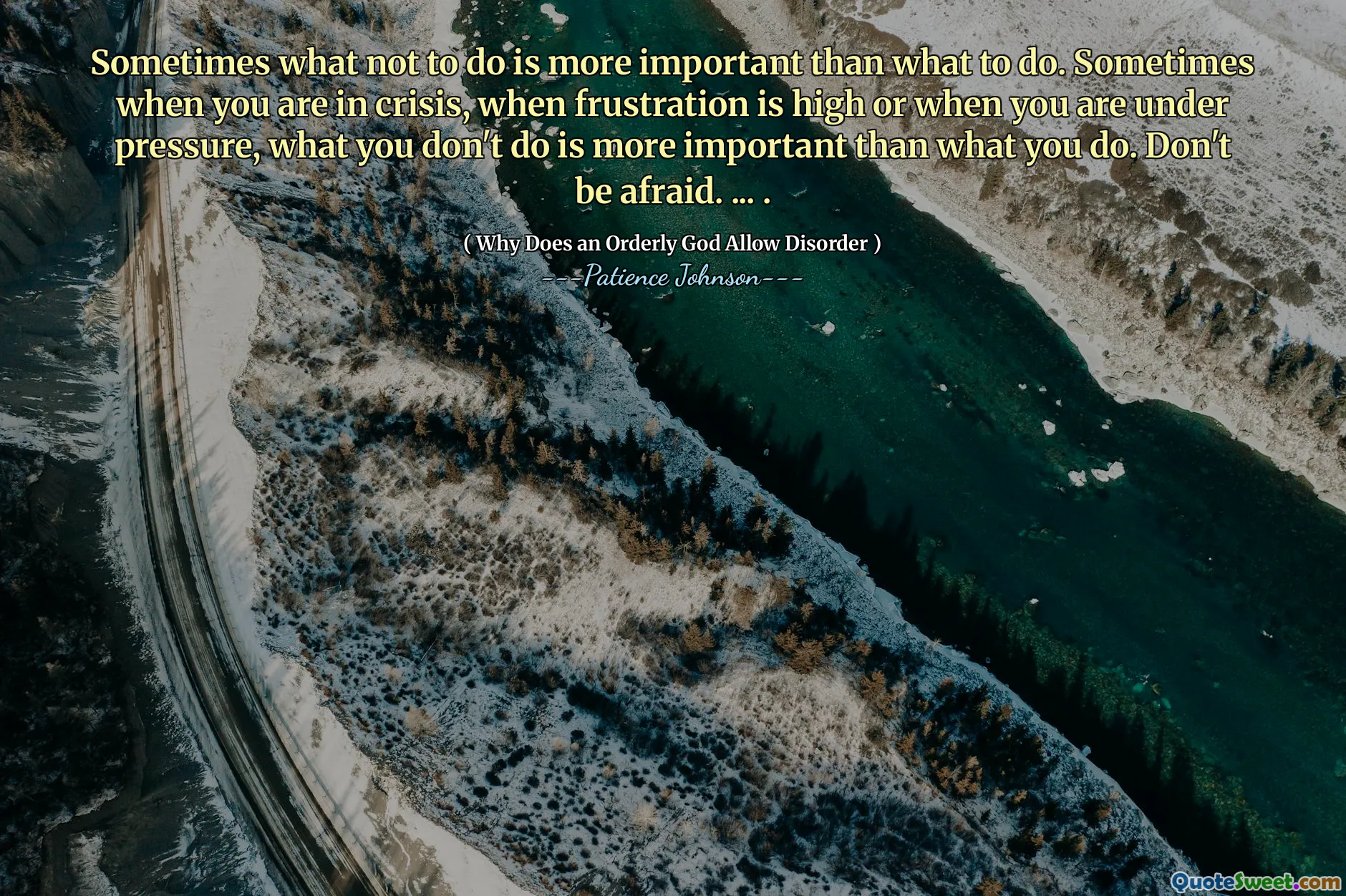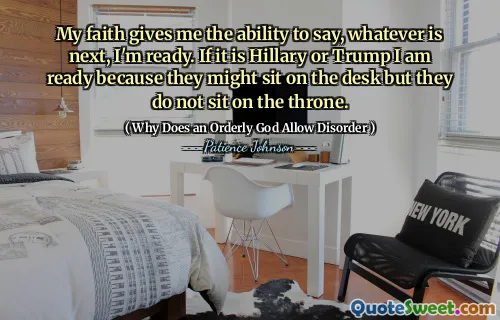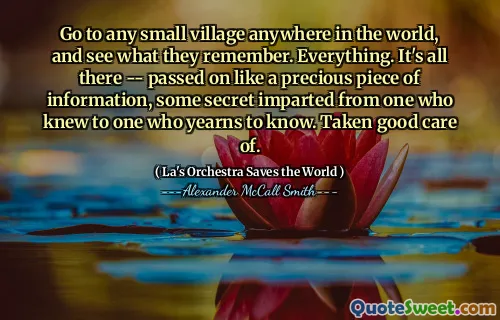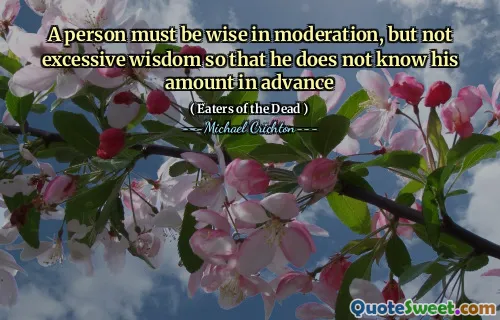
Sometimes what not to do is more important than what to do. Sometimes when you are in crisis, when frustration is high or when you are under pressure, what you don't do is more important than what you do. Don't be afraid. ... .
This quote reminds us of the powerful role restraint and patience play in moments of crisis. When caught in stressful situations, our natural reaction often drives us to act hastily—to make decisions or take actions that we believe will bring immediate relief or control. However, this quote wisely suggests that recognizing what not to do is sometimes more valuable than knowing precisely what action to take. The insight here fosters mindfulness: understanding that in certain tense moments, staying calm, avoiding rash behaviors, and refraining from reacting impulsively can prevent exacerbating the problem.
Learning to differentiate between productive action and harmful reaction can be a critical skill in navigating personal and professional challenges. The idea encourages embracing stillness amid chaos, which can provide the clarity necessary to evaluate situations more objectively. This approach aligns with the idea that patience is not passivity; rather, it is an active choice to pause, observe, and resist the urge to escalate tension.
Moreover, not being afraid to withhold immediate action conveys trust in a process—whether it’s time, reflection, or external circumstances evolving naturally. It challenges the fear-driven compulsion to always 'do something' and appreciates the discipline in knowing when to hold back. In essence, this quote offers profound wisdom about balance: sometimes the controlled effort of inaction speaks louder than reactive deeds, guiding us toward better outcomes and inner peace. It also resonates deeply in times when emotions are high and helps develop emotional intelligence by acknowledging that measured restraint can be a sign of strength, not weakness.
Such a perspective encourages us to reconsider our responses in moments of difficulty and underscores the timeless lesson that discernment and patience can be among our greatest allies in facing disorder and crisis.










